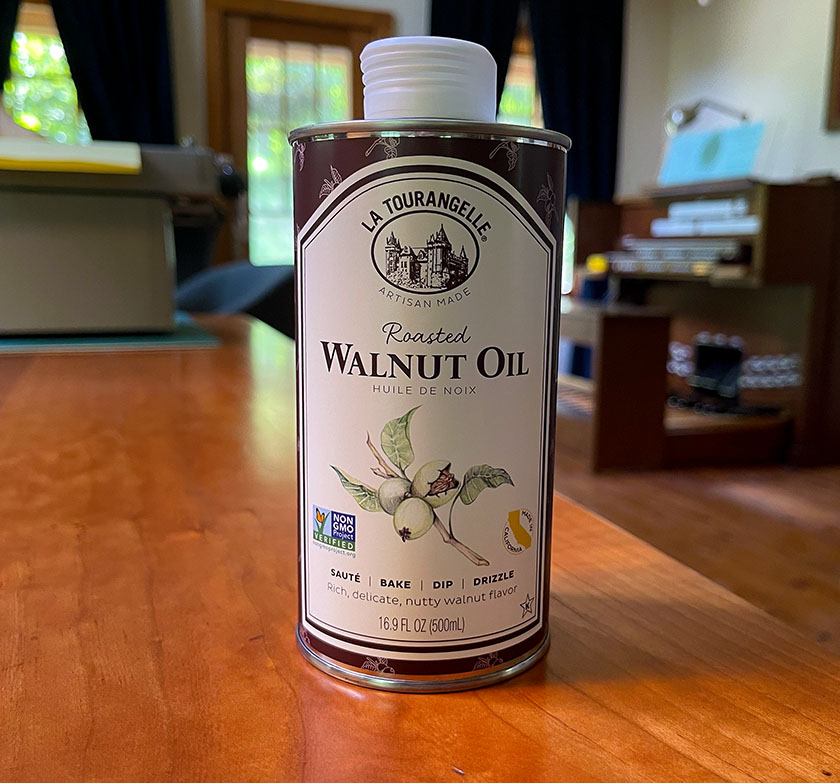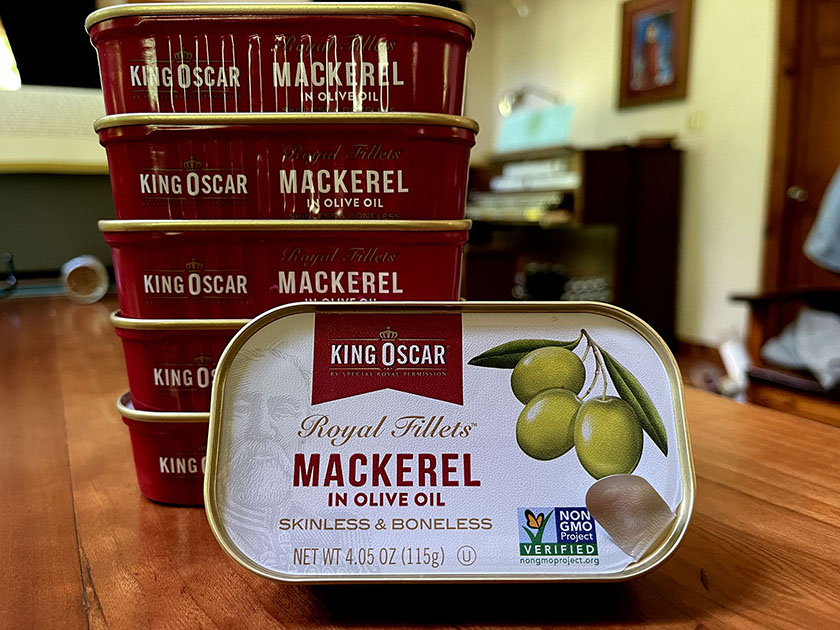
The U.S. edition of the Guardian has been a part of my daily news-reading rounds for years. I probably should have subscribed long ago. Today I did it.
The reasons for subscribing to the Guardian have continued to add up. I will list them, because I think the reasons are important to all Americans in these times, not just me.
Loss of confidence in the Washington Post
Whether you read the Washington Post or not, the Post’s problems are important, because the Post’s influence is huge in setting the agenda for the American media. The Washington Post has been losing money. To try to stop the bleeding, the Post’s owner, Jeff Bezos (who also owns Amazon) has brought in a bunch of British Tories who used to work for Rupert Murdoch’s news and propaganda operation. Not only that, the Washington Post knew about Samuel Alito’s right-wing MAGA flags more than three years ago, but decided not to write about it until the New York Times broke the story recently. The Post’s response to being caught in such a MAGA-friendly catch-and-kill was slimy, as was the Post’s reaction to a near rebellion in its newsroom about the recent changes in management. If you’d like to know more about the implosion at the Washington Post, I recommend two articles, both from Dan Froomkin’s Press Watch: “Beware the Tory Takeover of the Washington Post,” and “Will Lewis must go. The Washington Post publisher’s actions cast doubt on his newsroom’s credibility.” Dan Froomkin, by the way, is an old colleague of mine. We both got our start in newspapers at the same newspaper forty years ago.
Loss of confidence in the American mainstream media
I wrote about this a couple of weeks ago, “All the news that’s profit-friendly.” Once again, Dan Froomkin does a fine job of shredding the New York Times’ political coverage: “New York Times editor Joe Kahn says defending democracy is a partisan act and he won’t do it.” I will continue to read and subscribe to the New York Times, as well as the Washington Post. The important thing is to keep in mind that both newspapers go way too far in treating right-wing gaslighting as though it’s something to be taken seriously. They claim, of course, that that’s what the principles of journalism require. I say horsewash. It’s what corporate management requires. Truth is the standard of journalism, not both-sides “balance.”
Europe is more important to Americans than ever
Yesterday, members of the European Union voted for members of the European parliament. This provided the best picture yet of the political situation in Europe post-Brexit and post-Ukraine. (Britain, of course, withdrew from the European Union in 2020, but all of Europe is dealing with the regressive forces that led to Brexit.) The same political winds that blow in Europe also blow here in the United States. Sometimes Britain and the U.S. move in the same direction. Think Thatcher/Reagan, and Blair/Clinton. Britain will have a parliamentary election on July 4. The Tories are expected to get their asses handed to them for 14 years of misrule. Wouldn’t it be nice if there’s something predictive there for the fate of the American Republican Party in November?
Europe: A quick comparison
The mainstream media, as I have regularly complained, is always quick to flatter right-wing power and terrify liberals. Consider this headline in the New York Times today: “Conservative Dominance and Other Takeaways from the E.U. Elections.” There is more nuance if you read on. But the Guardian, by contrast, emphasizes that the situation is complicated and doesn’t play the fear card to scare liberals. The Guardian doesn’t downplay the fact that Denmark, Hungary, and Poland did not move to the right. I don’t know enough to try to analyze what the vote means in smaller E.U. countries that get little attention — Estonia, Latvia, Lithuania, Slovakia, Slovenia, Croatia, Romania, Bulgaria, Cyprus, Malta. I do think it’s safe to say, though, that countries that have experienced right-wing, anti-democratic, authoritarian governments learn some lessons that other countries might have to relearn — France and Germany, for example.
Three editions of the Guardian
The Guardian has a U.S. edition, a U.K. edition, and a European edition, all three of which are of great interest and all three of which are included in a subscription. (There also are Australia and International editions.) American publications don’t cover Europe very well. Where coverage overlaps, comparison is always revealing. I have access to the Times of London through Apple News, but I’m even more skeptical of the super-Tory Times of London’s political coverage than that of the New York Times. The Times of London’s coverage of Scotland is incredibly snarky and condescending. Again, comparison is always revealing. I should not neglect to mention that you can get full access to the Guardian by merely registering, but there will be ads and a promotion for subscriptions on every page. Paid subscribers bypass that. Not to mention that the Guardian deserves all the support it can get. The Wikipedia article on the Guardian describes how the Guardian pays for itself. Hint: It’s not owned by a billionaire.
Information isn’t free
I’m becoming increasingly resigned to the cost of information. I’ve complained that, at my stage of life, the biggest expenses now are insurance and property maintenance. What I pay for books and subscriptions seems to get higher every year, but I’ll deal with it.
Update
For what it’s worth, it’s interesting to take note of what financial markets thought of this election. Share prices in most European countries fell. The stock of two big French banks was down more than 5 percent. Britain’s pound rose to its highest level against the euro in almost two years. The U.S. dollar rose to almost 93 euro cents. French and German bonds weakened. None of these changes are exactly dramatic, but it would appear that the rich don’t think that the prospect of more right-wingery will make them richer.














